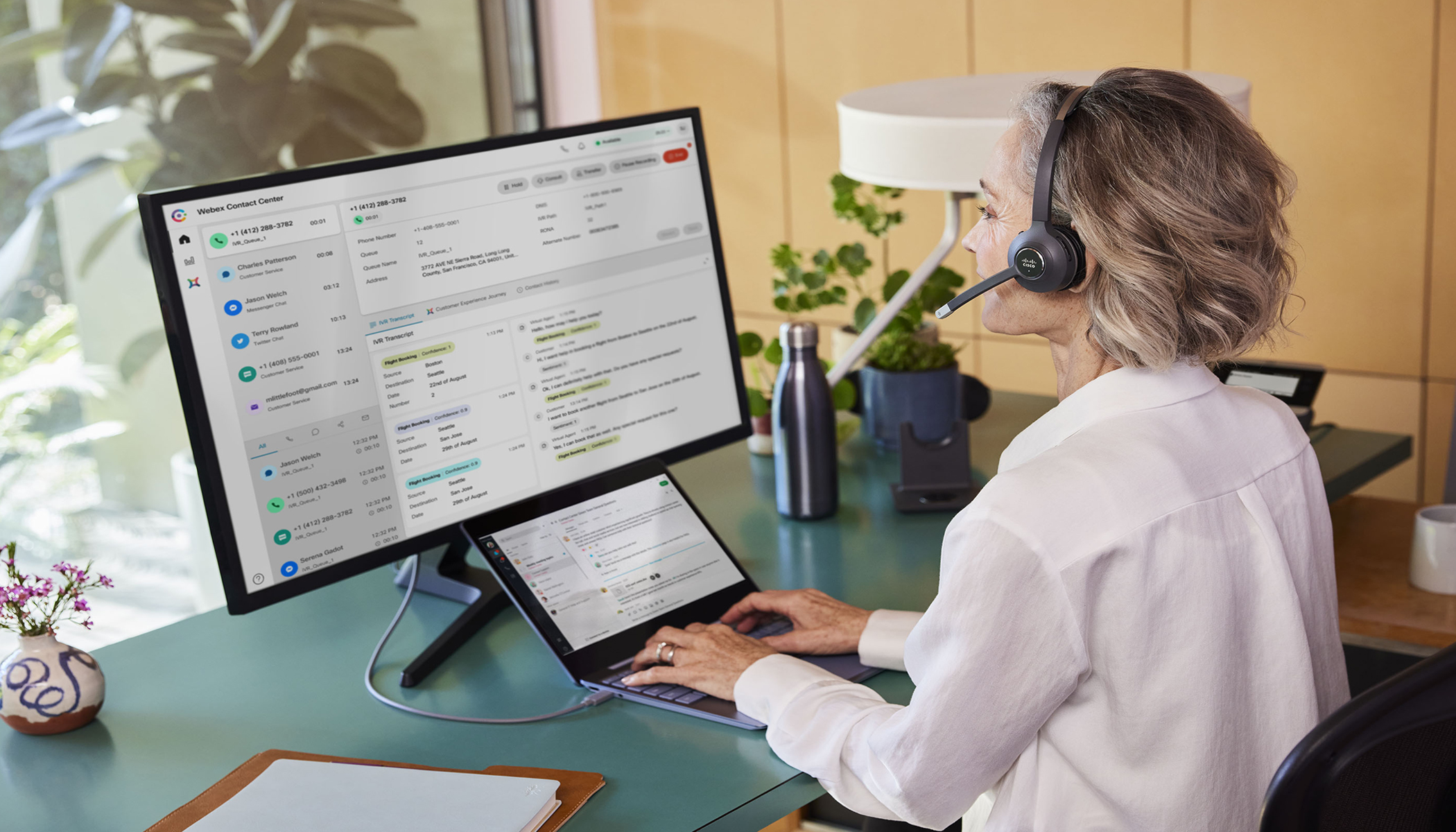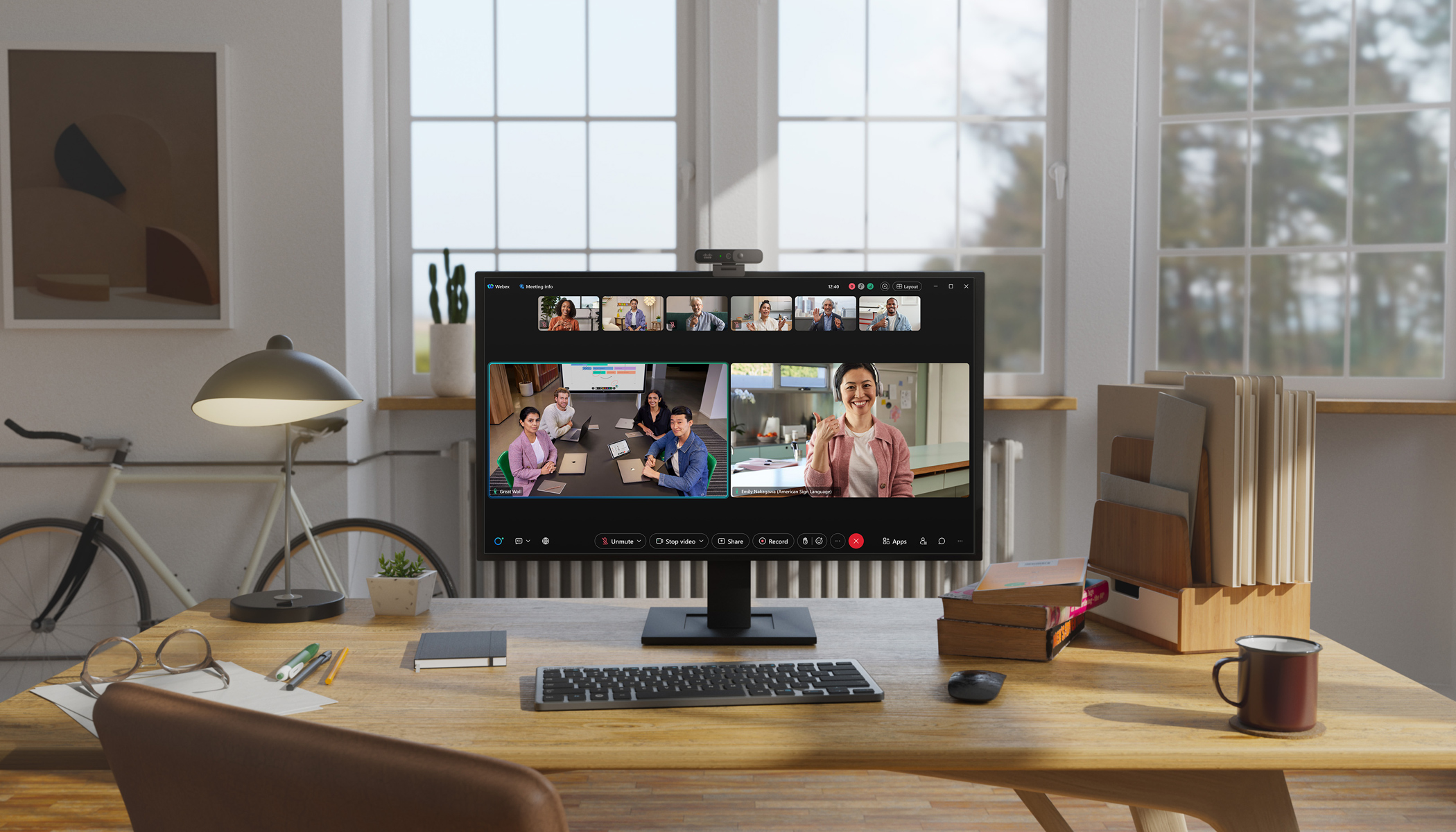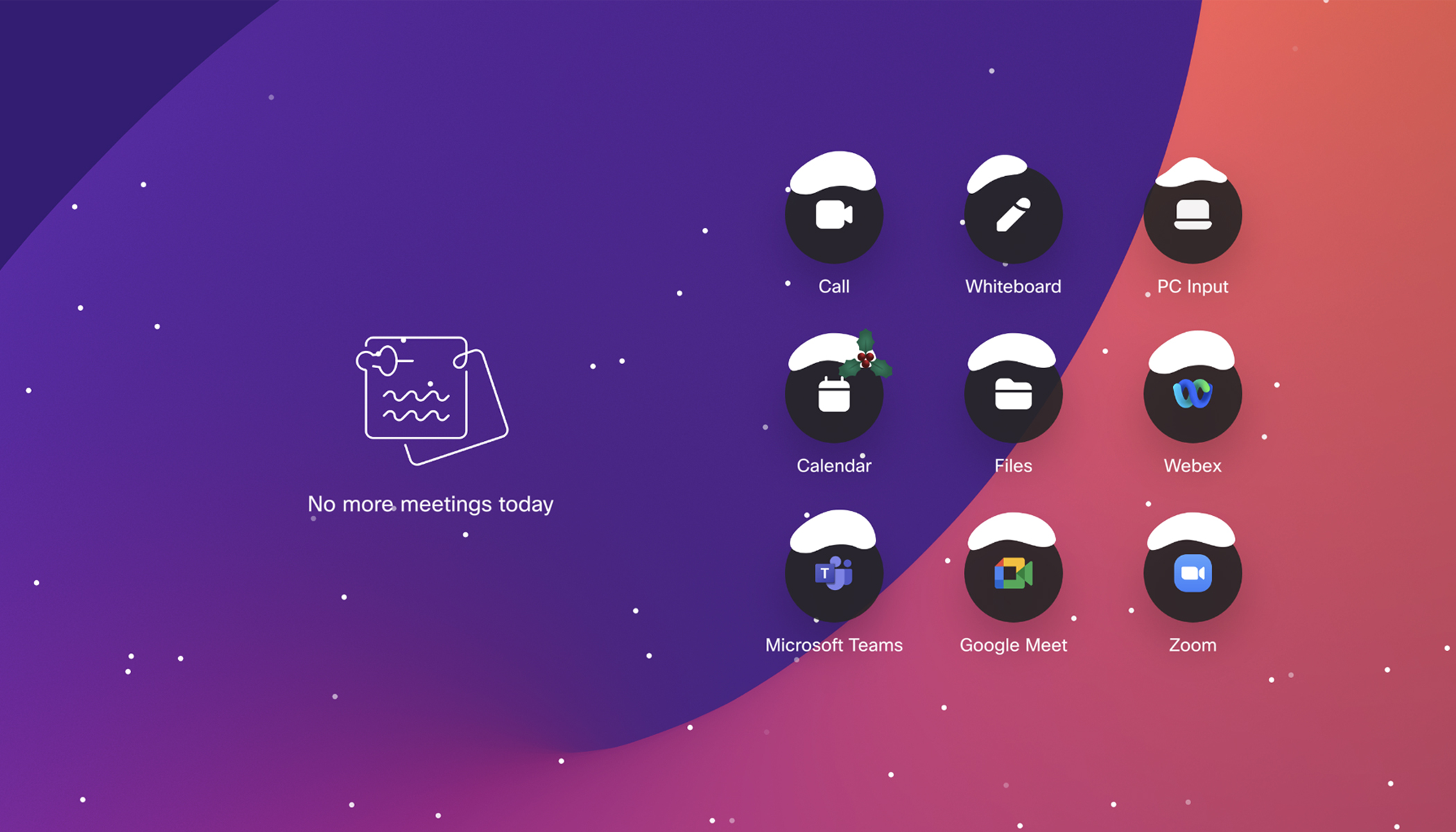The Rise of Digital and Customer Expectations
According to a global survey by McKinsey & Company, 62% of organizations are experiencing increasing demand for online purchasing and services by their customers, and 53% believe this trend will continue in the future. The banking industry is one example of widespread adoption of digital and omnichannel service. By July 2020, contact center usage in banking across the US was up by about 6% and mobile usage was up by about 8%, compared to December 2019.
As the holiday season approaches, digital and omnichannel will become even more prevalent, and consumers around the world will be shifting their holiday shopping to online. This will undoubtedly lead to more traffic to your call center. As a result, many contact centers leaders are finding ways to handle that traffic efficiently using Artificial Intelligence-powered capabilities such as self-service voice and chat bots, and context-driven, real-time website intercept features.
Consumer expectations are also on the rise. They expect simple, convenient, and quick digital interactions with content tailored to their interests and individual needs. This puts pressure on businesses to improve those experiences so that they increase satisfaction and reduce churn.
But what if you could get a more holistic view of your customers’ experiences before they arrive at your contact center? What if you could truly get an understanding of the friction points a customer might be having, and leverage that information to create personalized and positive emotional experiences, as well as smooth out hurdles for customers in the future?
What’s New?
This is why I’m excited to tell you about our latest enhancements to Webex Experience Management, our cloud-based AI/ML powered experience management solution. With our latest set of new features, we are focusing on helping businesses understand their customers’ website experiences better and enabling them to influence those experiences in real-time.
Personalized Website Intercept Surveys
This new feature personalizes your customer’s online website experience with contextual survey questions, based on what you want to learn from the customer such as if they are experiencing a problem. For example, if a customer tried to pay their bill and did not complete the process, a personalized survey such as “Hi Kim, did you have difficulty trying to pay your bill?” can be triggered to understand their journey experience. This feedback is collected and can be used within your organization to correct any problems with your website and reach out to the customer to close the loop.
Paginated Web Surveys
Now you have the option to group survey questions together so that they display on the same page, in addition to today’s immersive single question per page view. Our research has shown that this can increase survey completion rates in certain scenarios like Voice of Employee programs and where the survey questionnaires are longer. Related questions can be grouped and presented together which reduces the number of clicks, striking the right balance of not overwhelming the customer so that they can get through the survey quickly. The more surveys your customers complete, the more insight you have about what motivates them and how they’re experiencing your brand.
Customer Segments for Targeted Real-time Alerts
Your customers are not all the same. Customers from specific geographies, age groups, company sizes, and more, may have different impressions of your brand. Being able to segment your customers along strategic lines for your business to understand how they’re interacting with your business can unlock surprising insights.
You can now set up customer segments in Webex Experience Management and create real-time alerts targeted at specific employees or departments within your organization. These alerts can be delivered over multiple channels such as email, SMS, and Webex Teams.
For example, if one of your segments is millennials who live in certain cities with a high net worth, you can trigger real-time surveys with specific questions along their journey experience in the context of what they are doing. If a customer who fits into this segment, just opened an account, you could ask them if they want to register for one of your webinars. If the customer choses to not register, real-time alerts can be triggered to key individuals or teams in your company to make them aware of the response. This empowers your business to better understand patterns of behavior for specific customer segments and make modifications that will help you achieve your goals.
These new capabilities provide powerful customer journey insights to contact center and customer experience leaders, giving them a unique strategic advantage to help drive business improvements that increase customer satisfaction and loyalty, and make a difference to your bottom line.
What’s Next?
Stay tuned for our exciting announcements next month about our award-winning Webex Contact Center solution, and register for Webexone now!
To learn more about how to create better digital experiences for your customers, visit our website.
Learn More
https://blogs.cisco.com/collaboration/cisco-is-identified-as-a-leader-in-aragons-globe-for-intelligent-contact-center-2020
https://blogs.cisco.com/collaboration/monthly-update-boost-your-net-promoter-scores-and-workplace-collaboration-with-cisco-contact-center-solutions
https://blogs.cisco.com/collaboration/ciscos-latest-innovations-in-artificial-intelligence-improve-contact-center-performance-and-enrich-customer-experiences






